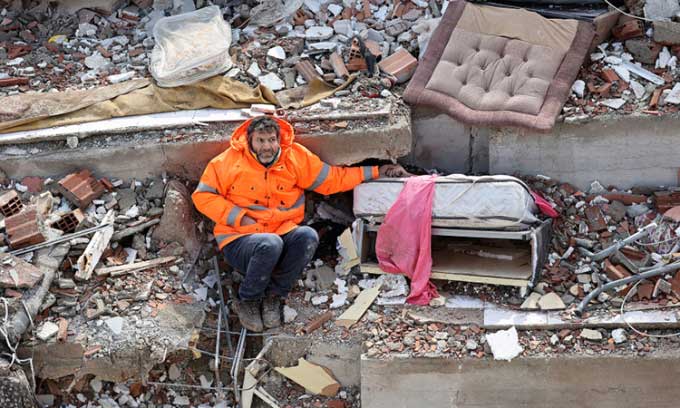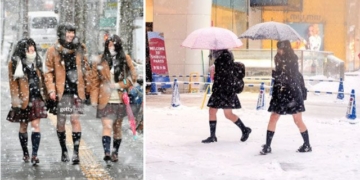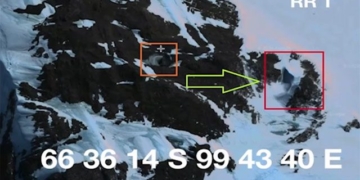The First Three Days are a critical time frame for victims trapped under rubble, earthquake rescue experts say.
Ilan Kelman, a Professor of Disaster and Health at University College London, stated on February 8 that over 90% of survivors from an earthquake are rescued within the first 72 hours. However, that number can vary significantly depending on weather conditions, aftershocks, and the speed at which rescue teams and equipment can reach the site—factors that are currently hindering efforts in Turkey and Syria.
As of the morning of February 9, over 15,000 people have died and thousands more are injured following the earthquake that struck southeastern Turkey and neighboring Syria. With the 72-hour window closing this morning, time is running out for survivors buried under the debris.
The devastated landscape in southern Turkey following the earthquake on February 6. (Video: Reuters).
Injuries, Hypothermia, and Dehydration
“In general, the earthquake itself does not kill people; the collapsing infrastructure kills people.” Kelman remarked.
The rescue expert noted that the most urgent factor is medical care for those trapped under collapsed buildings before their “bodies deteriorate or bleed.”
Weather is also a crucial factor and “it is completely against” rescue efforts in Turkey and Syria. The earthquake-affected areas have been enduring freezing temperatures along with rain and snow since Monday.
“Sadly, this means there could be cases of hypothermia, and people may die due to the weather,” Kelman added.
Those struggling to survive the cold and their injuries still need food and water. Without water, many will die after three, four, or five days.
Aftershocks occurring without warning in the days following the earthquake could cause additional buildings to collapse, posing “a huge and frightening risk” to both survivors and rescuers.

Mesut Hancer clutches his deceased daughter in the rubble in Kahramanmaraş, Turkey, on February 7. (Photo: AFP).
On-Site Assistance
Kelman stated that “most survivors are pulled out by local teams within 24 hours, mostly using their hands or shovels.”
Dozens of countries have committed to sending search and rescue teams as well as relief supplies to Turkey and Syria, but the earthquake occurred in “a remote area, in a conflict zone, and very difficult to access,” Kelman noted.
It typically takes at least 24 hours for international rescue teams to arrive, prepare, and start operating. By that time, a large number of victims trapped in the rubble may have already died.
For conflict-affected areas near the Syrian border, access is even more challenging.
“From what I see, rescue teams have not even fully assessed many areas in major conflict zones or numerous temporary settlements for evacuees,” Kelman emphasized.
How to Find Survivors?
When arriving on-site, there are various ways for rescue teams to find survivors after the earthquake, including using specially trained search dogs to sniff through the rubble. Kelman mentioned that a renowned search and rescue dog team from Mexico is on its way to Turkey.
Robots and drones are also increasingly being used to access small spaces that are too dangerous for humans.
Once survivors are located, rescuers must decide on the best way to extract them. This may require heavy equipment like cranes to lift debris from collapsed buildings, or sometimes it may be necessary to amputate a limb trapped under a beam or block of concrete.
Kelman emphasized that the most important factor is the preparation made decades before the earthquake to try to prevent infrastructure collapse from the outset.
In an international rescue operation like the one in Turkey and Syria, the average cost is 1 million USD for each life saved.
- How long can a person survive under the rubble?
- Turkey’s earthquake shifted Earth’s tectonic plates by 3 meters
- Strange behavior of birds just before the earthquake in Turkey, did they sense the disaster?
- Overview of the earthquake equivalent to 32 atomic bombs in Turkey and Syria
- Researcher accurately predicted the earthquake in Turkey three days earlier




















































